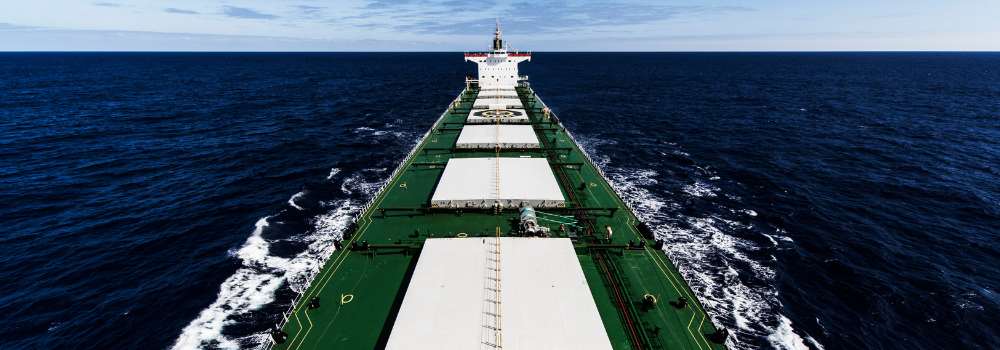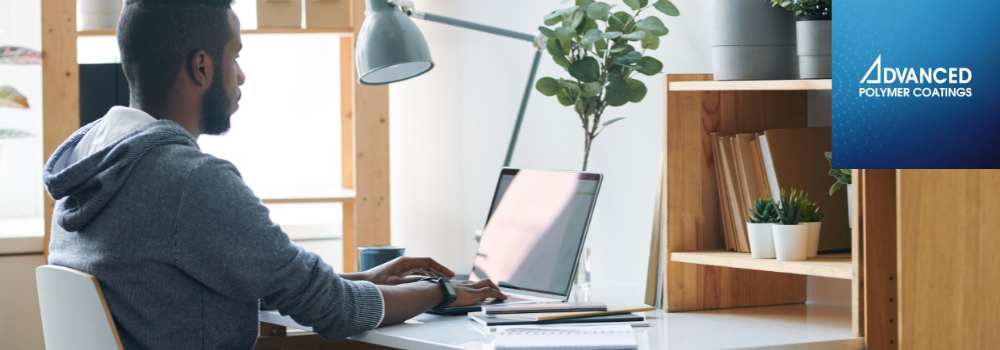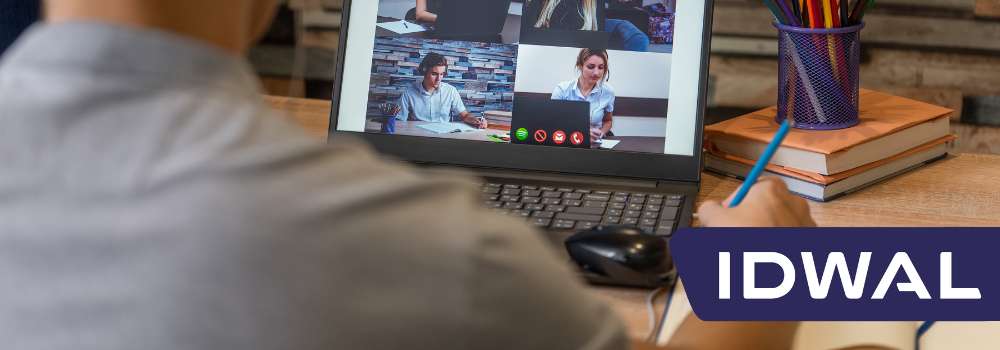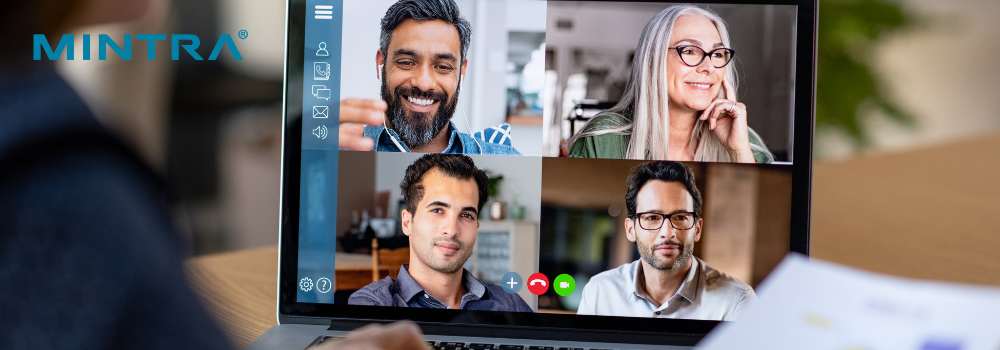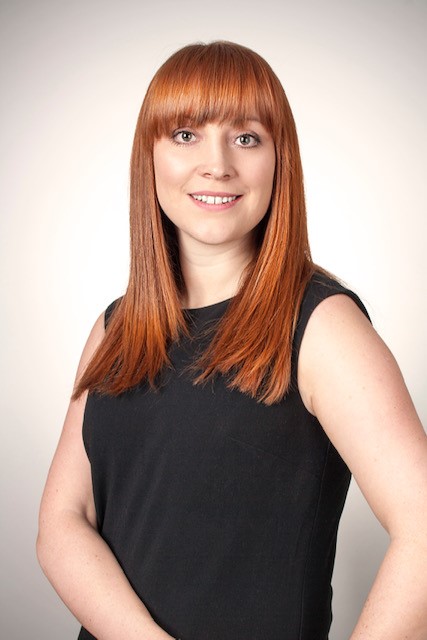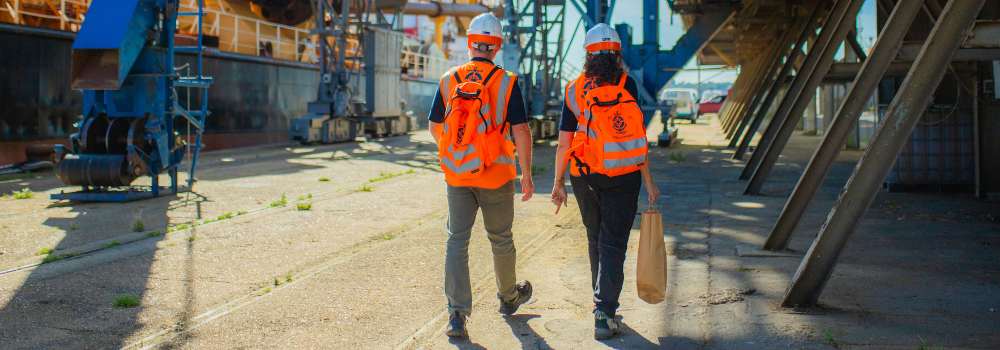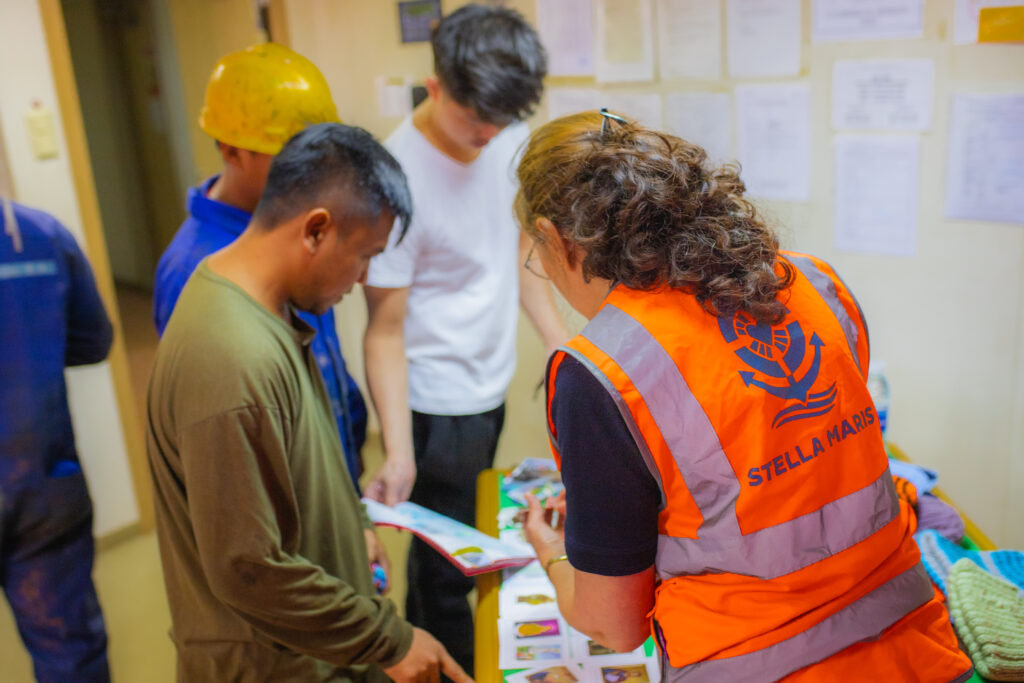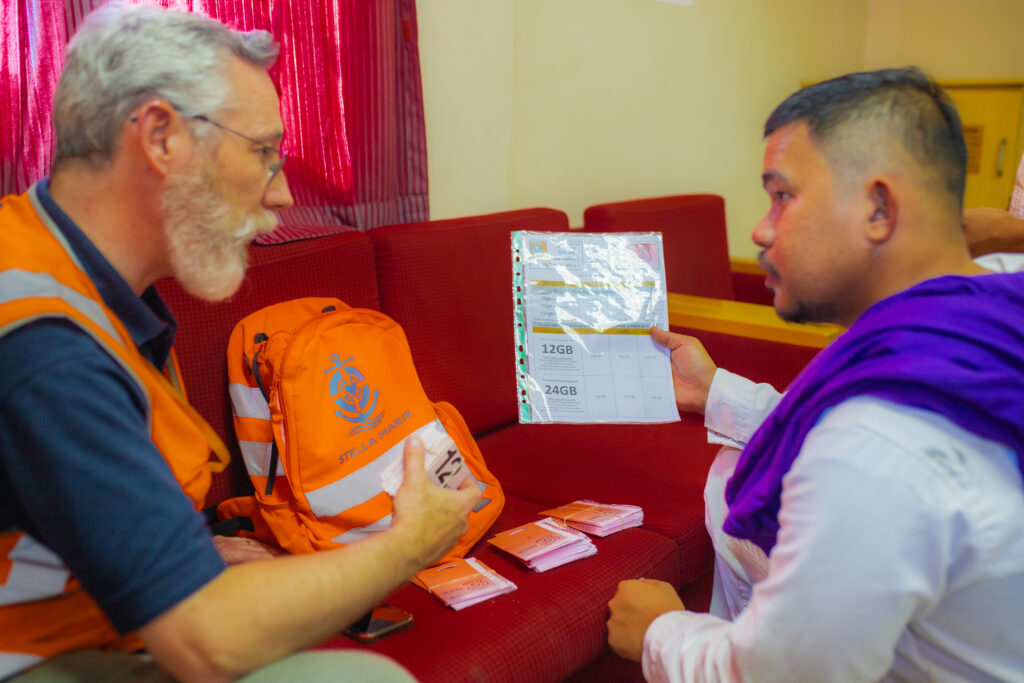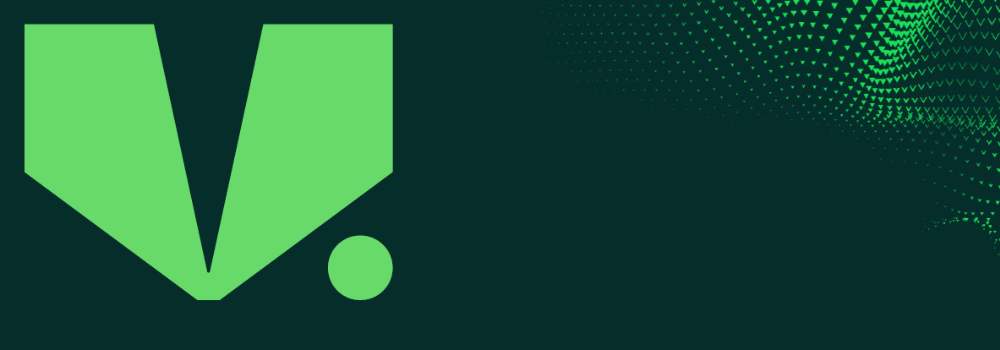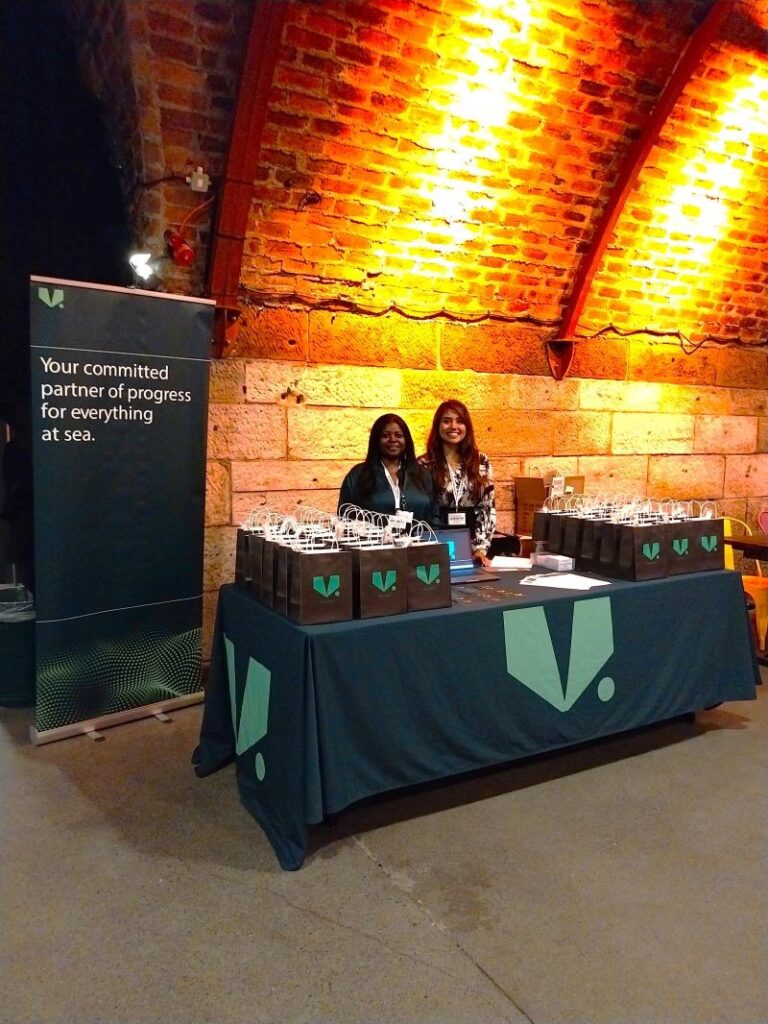I recently ran a poll on my LinkedIn page asking my followers for their thoughts on how emerging technologies are transforming the maritime industry.
I wondered if emerging technologies would drive demand for new skills, automate existing roles, create new opportunities, or have minimal effect? As a recruiter, it’s important that I understand how the skill set requirements are changing for the sector.
The results were not surprising, 47% of my followers thought that there would be an increase in the technical skills required for new roles. 16% thought that the new technologies would automate traditional roles. 31% thought that it would create new opportunities and 6% thought there would be minimal impact.
Whilst an increase in the need for technical skills is understandable, this can often be likened to finding a unicorn! Candidates with extensive experience in brand new technologies just don’t exist!!
As a recruiter, I feel that candidates who have the desire and ability to learn new skills should be an area of emphasis for employers and considered for these new technology roles. Less emphasis should be on the CV! Organisations need to also ensure they are continuing to train and upskill existing staff, so talent is not lost from the workforce.
Interestingly, my CEO Phil Parry recently attended the Maritime London “Technology Skills for the Future of the UK Maritime Industry” event at Trinity House which focused on this very topic.
The keynote speaker at the event, Sarah Kenny OBE and CEO of maritime science and engineering firm BMT, felt that the industry should view these ‘issues’ as ‘opportunities’ and feel excited about the potential growth ahead in the industry. She felt that the sector must recognise the importance of people & culture to be both successful and sustainable.
It’s clear that technology changes are coming, and at an unprecedented rate! As an expert in technical & marine jobs, I can advise candidates on what employers are looking for, and also help employers manage their expectations in terms of skills available.
Get in touch with me if you’d like to chat about any vacancies you have or new roles that you are looking for.
Article written by Liam Daly, Principal Recruitment Consultant


